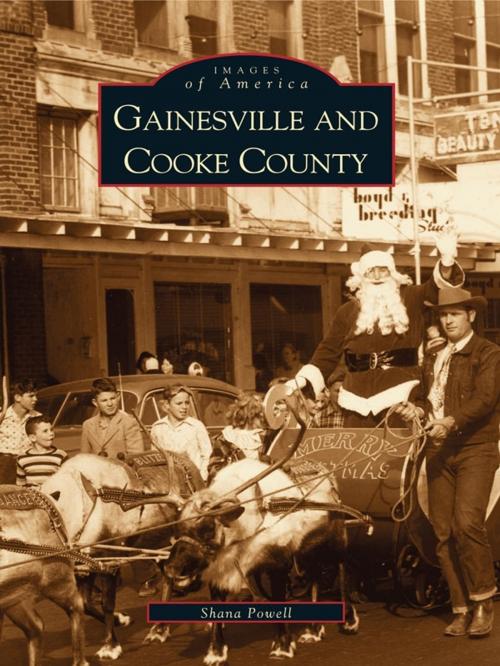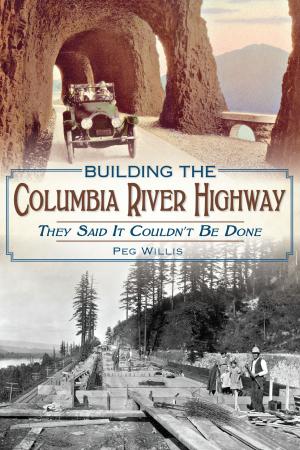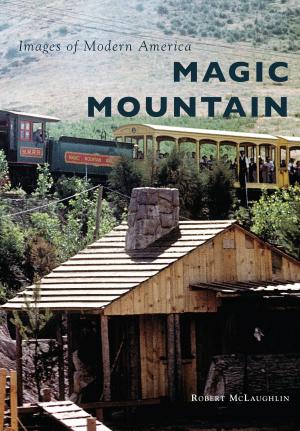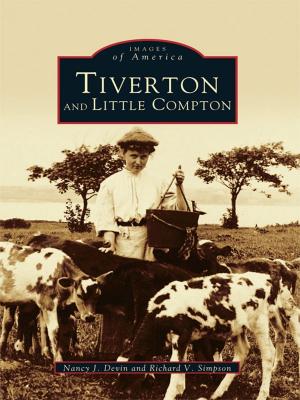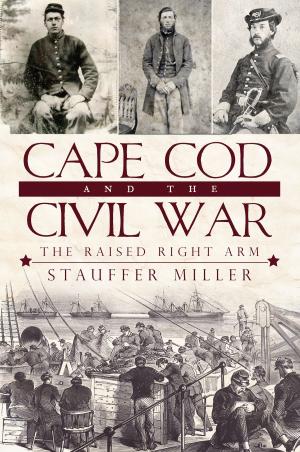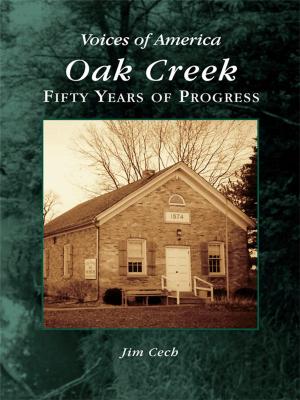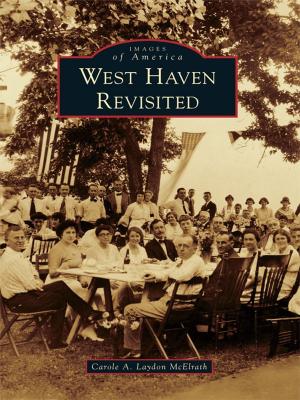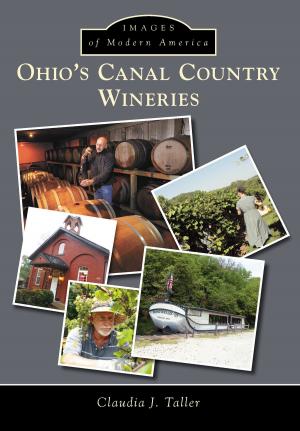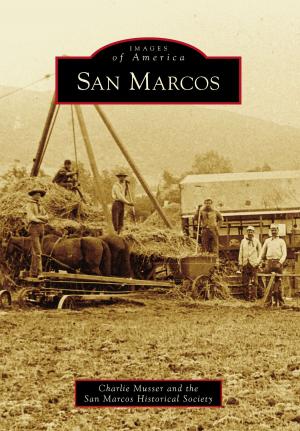Gainesville and Cooke County
Nonfiction, Travel, Pictorials, Art & Architecture, Photography, History| Author: | Shana Powell | ISBN: | 9781439611036 |
| Publisher: | Arcadia Publishing Inc. | Publication: | October 30, 2000 |
| Imprint: | Arcadia Publishing | Language: | English |
| Author: | Shana Powell |
| ISBN: | 9781439611036 |
| Publisher: | Arcadia Publishing Inc. |
| Publication: | October 30, 2000 |
| Imprint: | Arcadia Publishing |
| Language: | English |
Cooke County, Texas, located in the north central part of the state, has a richly varied history. Those who first entered the area-Native Americans, gold seekers headed for California, army officials, and settlers-discovered a raw, unspoiled land. Eyewitness accounts speak of "grass that was as high as a man's head," and indeed, the land was rich for farming and ranching. In 1841, W.S. Peters and associates signed their first contract with the Republic of Texas, which provided that within three years they would bring six hundred families into what came to be known as the Peters Colony. In 1848, the state legislature created Cooke County, named for a hero of the Texas War for Independence. Over the next 150 years, the area changed dramatically. The stagecoach arrived in 1858, and conveyed freight, passengers, and mail. The Civil War presented economic and social difficulties that had to be overcome. Two major cattle trails flanked Cooke County, and cowboys roared into Gainesville to visit the saloons, get supplies, gamble, and visit the "soiled doves." The discovery of oil, and the resultant wealth that it brought, forever altered the face of the county.
Cooke County, Texas, located in the north central part of the state, has a richly varied history. Those who first entered the area-Native Americans, gold seekers headed for California, army officials, and settlers-discovered a raw, unspoiled land. Eyewitness accounts speak of "grass that was as high as a man's head," and indeed, the land was rich for farming and ranching. In 1841, W.S. Peters and associates signed their first contract with the Republic of Texas, which provided that within three years they would bring six hundred families into what came to be known as the Peters Colony. In 1848, the state legislature created Cooke County, named for a hero of the Texas War for Independence. Over the next 150 years, the area changed dramatically. The stagecoach arrived in 1858, and conveyed freight, passengers, and mail. The Civil War presented economic and social difficulties that had to be overcome. Two major cattle trails flanked Cooke County, and cowboys roared into Gainesville to visit the saloons, get supplies, gamble, and visit the "soiled doves." The discovery of oil, and the resultant wealth that it brought, forever altered the face of the county.
